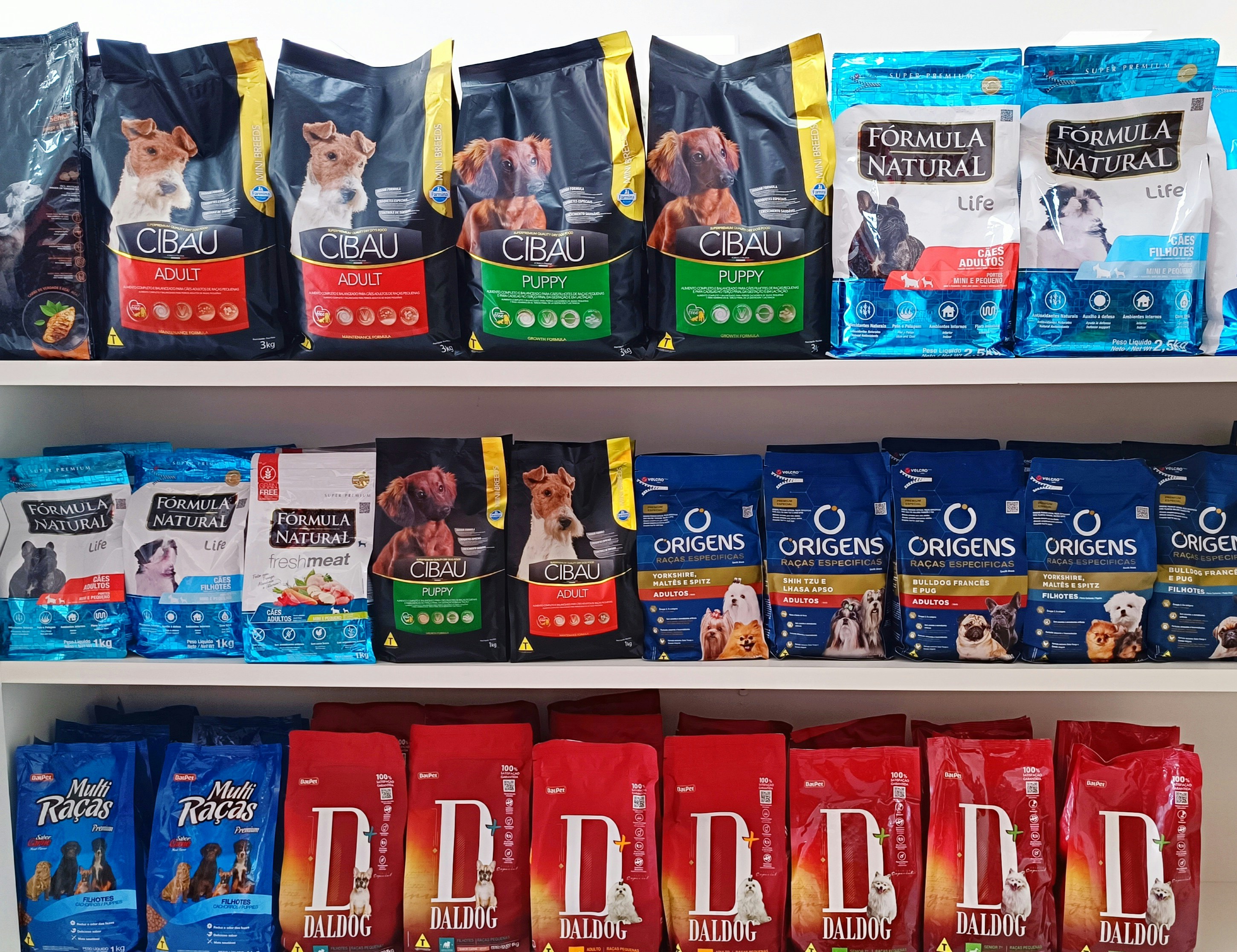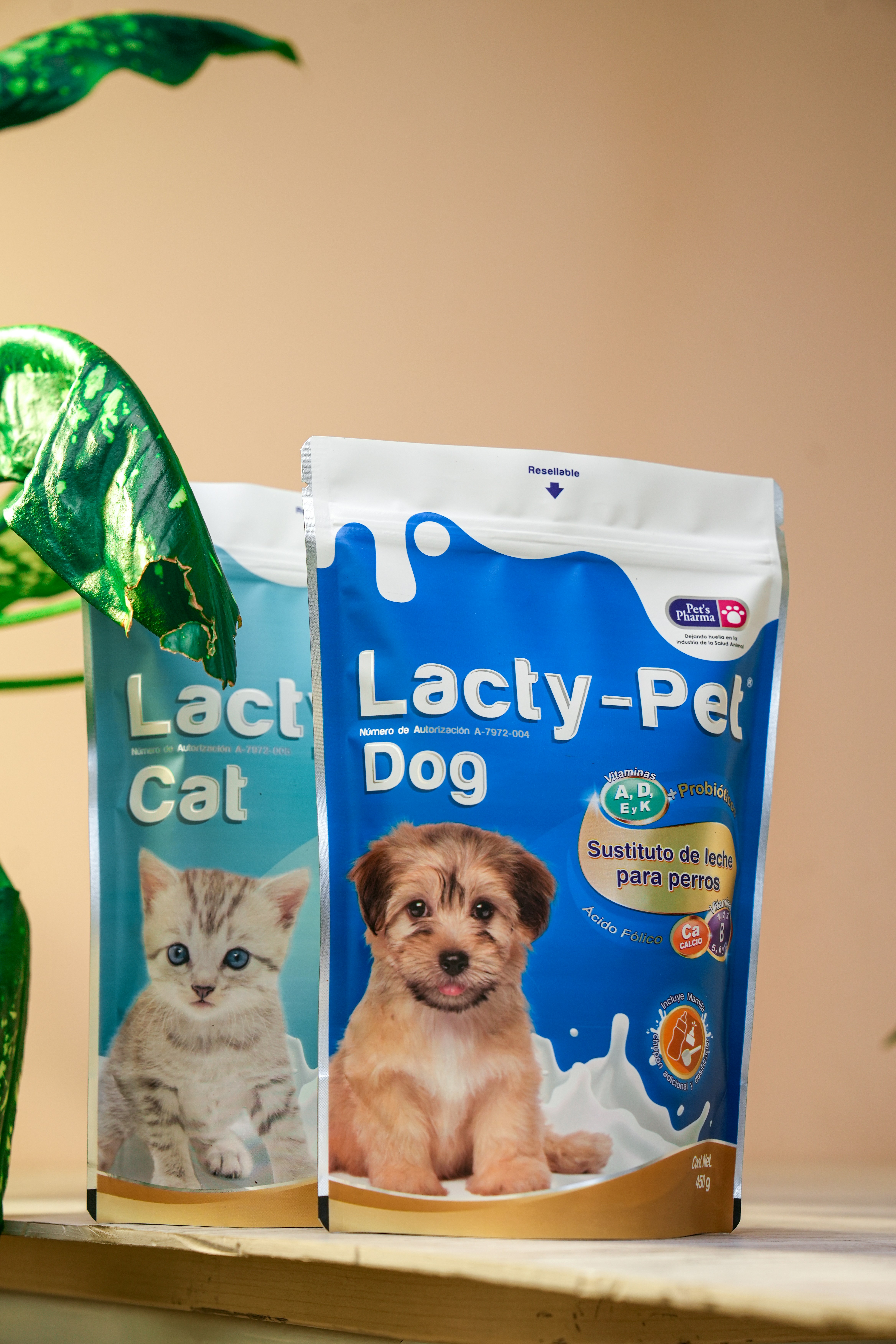

Understanding Canine Nutrition
Canine nutrition is a pivotal aspect of fostering a healthy and long life for dogs. Fundamentally, it revolves around providing a balanced intake of essential nutrients necessary for optimal health and well-being. The primary constituents of canine diets can be categorized into macronutrients and micronutrients, both of which play vital roles in a dog’s growth and maintenance.
Macronutrients include proteins, fats, and carbohydrates. Proteins are crucial for building and repairing tissues, supporting immune function, and ensuring proper growth in puppies as well as maintaining muscle mass in adult dogs. High-quality protein sources, such as lean meats and fish, should form a significant part of a dog’s diet. Fats, on the other hand, provide concentrated energy and are vital for the absorption of certain vitamins. They also contribute to healthy skin and a shiny coat. Lastly, carbohydrates serve as a source of quick energy and promote good gastrointestinal health when derived from whole grains and vegetables.
The inclusion of micronutrients—vitamins and minerals—is equally essential. Vitamins, such as A, D, E, and K, support various bodily functions, including vision, bone health, and blood clotting. Minerals like calcium and phosphorus are critical for bone development, while others, such as zinc and iron, support metabolic functions and enzyme reactions. To promote a dog’s optimal health, it is necessary to tailor the diet to their specific life stage, breed, and any existing health conditions.
A balanced diet designed for a dog’s unique requirements can significantly impact their overall longevity. Variability in nutritional needs underscores the importance of consulting with veterinarians or pet nutritionists to formulate appropriate diet plans. Through proper nutrition, dog owners can contribute immensely to enhancing their beloved companions’ life expectancy and quality of life.
Key Ingredients for a Long Life
Ensuring a long, healthy life for your dog involves careful consideration of the ingredients in their diet. Numerous studies highlight the importance of certain nutrients that can significantly contribute to canine longevity. One of the most beneficial types of ingredients are those rich in antioxidants. These compounds, found in fruits and vegetables such as blueberries, carrots, and spinach, play a crucial role in combating oxidative stress, thereby supporting the immune system and reducing the risk of chronic diseases in dogs.
Moreover, omega fatty acids, particularly omega-3 and omega-6, are vital for maintaining overall health. These essential fats are known to promote heart health, improve skin conditions, and enhance cognitive function. Sources of omega fatty acids include fish oil, flaxseed, and certain types of algae, making them valuable components of any dog’s diet. It is essential to ensure that your dog receives a balanced ratio of these fatty acids to reap maximum health benefits.
Portion control also plays a vital role in maintaining a healthy weight, which is critical to extending a dog’s lifespan. Overfeeding can lead to obesity, which in turn increases the risk of various health issues such as diabetes, joint problems, and cardiovascular diseases. Pet owners should monitor their dog’s calorie intake and adjust portion sizes according to their activity level and age.
Furthermore, it is crucial to be aware of common harmful ingredients found in many commercial dog foods, including artificial preservatives, by-products, and fillers. Such ingredients can have detrimental effects on a dog’s health over time. Choosing high-quality dog food that emphasizes natural, nutrient-dense ingredients will not only promote your pet’s longevity but will also improve their overall quality of life. Prioritizing these key components can pave the way for a longer, healthier life for your dog.
Expert-Recommended Dog Diets
The health and longevity of dogs are intricately linked to their diets. Veterinarians and pet nutritionists recommend various diet plans based on factors such as a dog’s age, breed, weight, and specific health considerations. One commonly preferred option is commercially available dog foods. These diets are formulated to meet the nutritional standards established by pet food authorities and typically provide balanced nutrition. Owners should look for products that list high-quality proteins as the first ingredient, while also including vegetables, grains, and healthy fats.
On the other hand, raw diets, often referred to as “BARF” (Biologically Appropriate Raw Food), advocate feeding dogs unprocessed meat, bones, fruits, and vegetables. Proponents suggest that raw diets mirror the ancestral diet of dogs more closely, which may enhance energy levels and overall health. However, this approach requires careful planning to ensure all nutritional needs are met, particularly calcium levels from bones.
Home-cooked meals are another alternative gaining popularity among dog owners. This option allows for complete control over ingredients, which can be particularly beneficial for dogs with allergies or sensitivities. However, it is crucial to consult with a veterinary nutritionist to ensure that meals provide a well-rounded diet, including essential vitamins and minerals that might be lacking in typical human food.
For dogs with specific health issues, prescription diets formulated by veterinarians offer tailored nutrition. These diets are designed to manage various conditions, such as obesity, kidney disease, or food allergies and should be used under professional guidance.
When considering a new diet, gradual transitions are important to prevent digestive issues. Mixing the new food with the current diet over several days can help acclimatize the dog’s digestive system. Ultimately, consulting with a veterinarian before making significant changes to your dog’s diet is essential to ensure the best outcomes for their health and longevity.
Everyday Practices to Enhance Dog Health
In addition to a well-balanced diet, implementing everyday practices can significantly contribute to your dog’s health and longevity. Regular exercise is one of the essential components in maintaining an optimal weight and ensuring overall vitality. Engaging your canine companion in daily walks, play sessions, or agility training not only helps to strengthen their muscles but also supports cardiovascular health. Aim for at least 30 minutes of moderate exercise each day, customized to fit the specific needs of your dog’s age, breed, and energy level.
Routine veterinary check-ups are critical for proactively identifying any potential health issues. Regular visits allow for vaccinations, dental care, and routine screenings that can catch problems before they become serious. Your veterinarian can also offer personalized advice on diet and exercise, tailored to suit your dog’s unique lifestyle. Establishing a consistent schedule for veterinary visits ensures you stay informed about your dog’s health journey, paving the way for a longer and more fulfilling life.
Mental stimulation is equally important for a dog’s well-being. Engaging your dog in playtime with interactive toys or puzzles can keep their minds sharp and prevent behavioral issues stemming from boredom. Activities such as hide-and-seek, obedience training, or teaching new tricks can be fun and enriching, providing a sense of accomplishment and satisfaction for your dog. These interactions not only nurture cognitive health but also serve to strengthen the bond between you and your pet.
Maintaining a healthy weight is vital for a dog’s longevity. Overweight dogs face a higher risk of developing conditions such as diabetes, arthritis, and cardiovascular disease. Monitoring food intake, controlling portion sizes, and adjusting calories according to activity level can help in sustaining a healthy weight. By combining these practices with a science-backed feeding regimen, you create a holistic approach to enhancing your dog’s quality of life and prolonging their lifespan.




